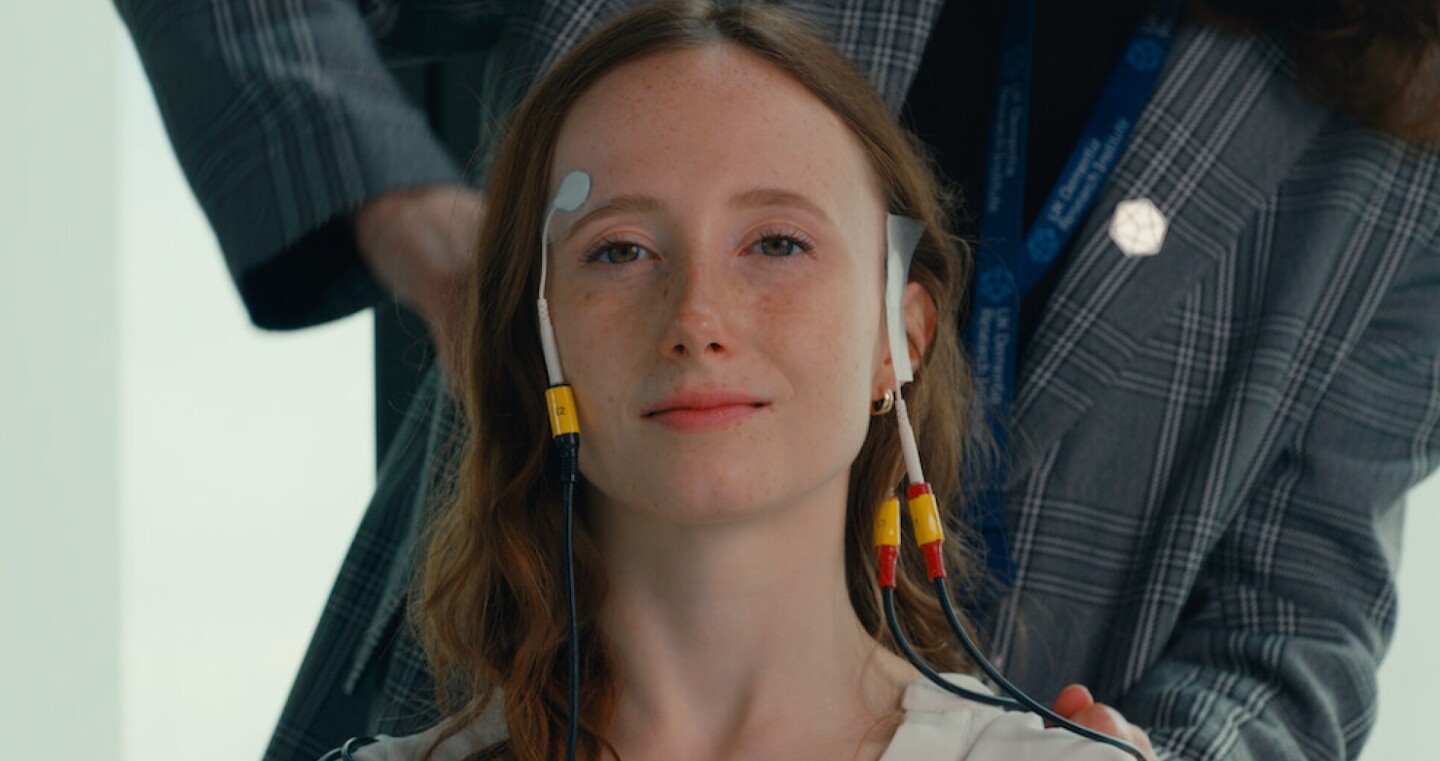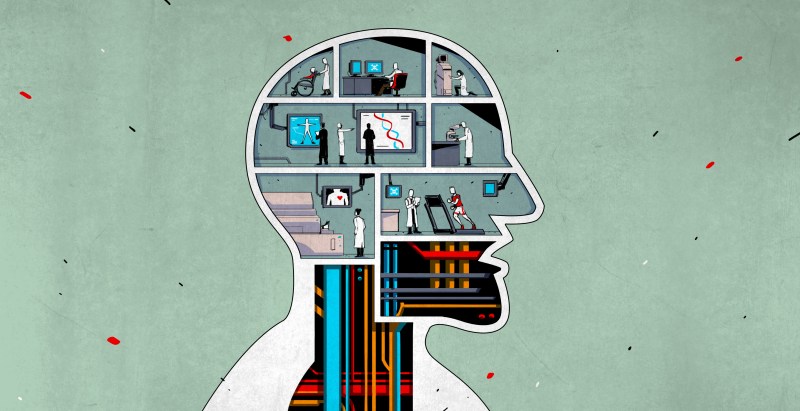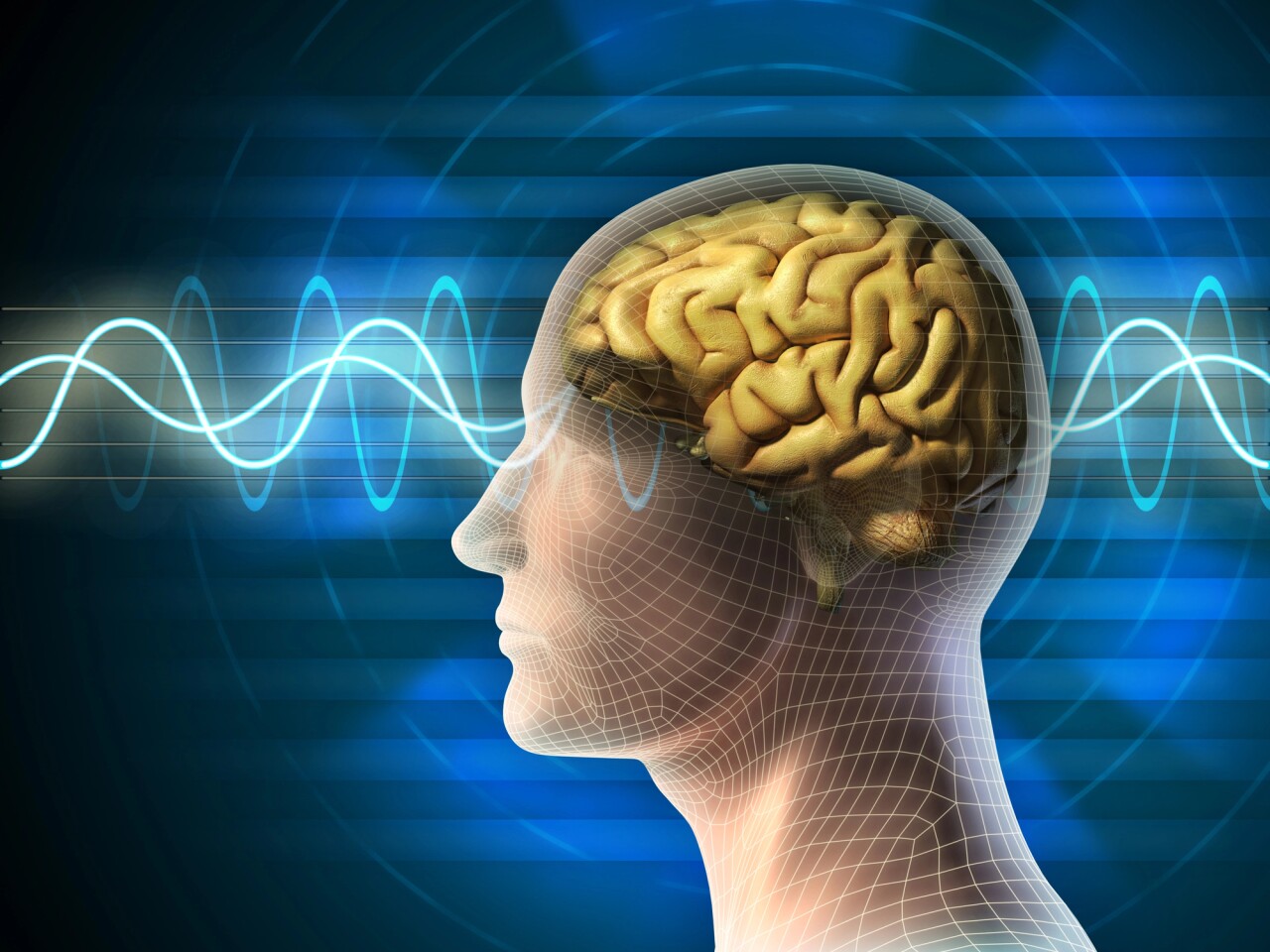
Scientists have completed a successful human trial using new high-frequency technology to stimulate neurons in the hippocampus, the area responsible for forming, organizing and retrieving memories. This non-invasive, painless treatment is now being trialed in older individuals with cognitive impairment, as a potential way to improve memory loss and function caused by Alzheimer’s disease and other forms of dementia.
Continue Reading
Category: Medical, Science
Tags: Imperial College, Dementia, Alzheimer’s Disease, Neuroscience, Neural Network, Brain stimulation, Memory
Continue reading Surgery-free brain stimulation offers new hope for dementia treatment→


